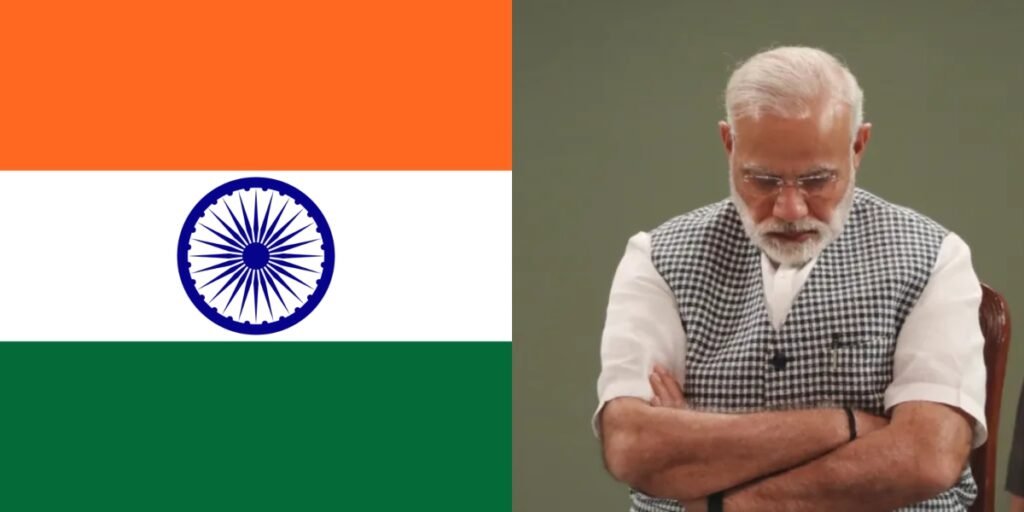WEBDESK: India Election Commission has come under fierce criticism after it told the Supreme Court that commonly used identity documents such as Aadhaar cards, ration cards, and voter ID cards are not sufficient to prove voter eligibility.
In a sworn affidavit submitted to the court, India Election Commission (ECI) argued that these documents could be forged or outdated, and that, under Articles 324 and 326 of the Constitution, it has the authority to demand strict proof of citizenship, rather than relying solely on identity papers.
This controversial move comes as opposition parties accuse the Modi government of pressuring the India Election Commission to tamper with electoral rolls ahead of upcoming national elections. Legal experts and political observers say this could be a calculated attempt to hijack the democratic process.
They point to the ongoing Special Intensive Revision (SIR) in Bihar, alleging it is being used as a pretext to delete legitimate voters, particularly from marginalised communities, and to block new voter registrations by raising doubts over their citizenship status.
Opposition MPs such as Manoj Jha and Mahua Moitra, alongside electoral watchdog ADR (Association for Democratic Reforms), have filed petitions in court warning that these measures could disenfranchise millions, especially poor, working-class, and minority citizens.
While the Supreme Court has not yet halted the SIR programme, it has issued a warning to India Election Commission, stating that Aadhaar, voter ID, and ration cards must be accepted as valid ID unless there is a clear and justified reason for rejection.
The court strongly advised that these commonly used documents should not be dismissed arbitrarily, delivering a legal blow to the Commission’s rigid interpretation and indirectly challenging the Modi government’s influence.
Many analysts believe that India’s Election Commission has been compromised under political pressure, and is now being used as a tool to engineer favourable election outcomes for the ruling party.
So far, the Supreme Court’s early stance appears to favour protecting citizens’ voting rights, while also demanding greater transparency and accountability from the electoral authorities.
Read more: Modi regime under pressure, turns to border theatrics






